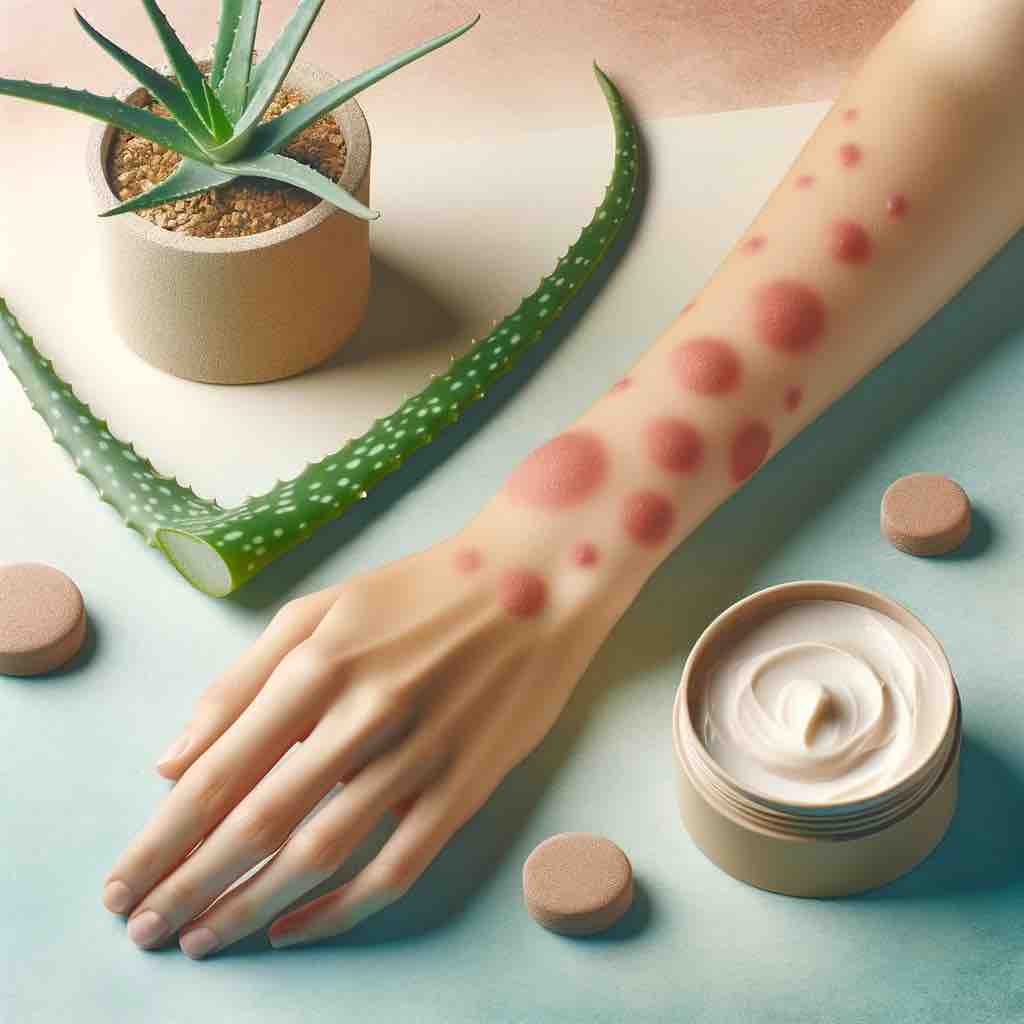
Eczema can be a challenging condition, affecting individuals with dry, itchy patches that can cover various parts of the body. In her video, “How I Cured My Eczema,” Thao shares her personal eight-year battle with eczema and the natural remedies that led to her clear skin. Below, we explore her approach and provide additional insights from our dermatology experts.
Thao’s Natural Eczema Solutions
Thao’s journey with eczema was marked by frustration with conventional products that failed to provide relief. Her determination to find a natural solution led her to two products that changed her skin’s health:
- Castor Oil: Celebrated for its natural healing properties, castor oil became Thao’s go-to remedy. She applied it nightly and whenever she felt itchy, noticing significant improvements within a week.
- Apple Cider Vinegar: Thao incorporated raw, unfiltered apple cider vinegar into her morning routine, taking a tablespoon on an empty stomach followed by plenty of water. She credits this practice with removing toxins and aiding digestion, contributing to her eczema relief.
Watch Thao’s full story and her detailed explanation of how she used these natural remedies to cure her eczema:
Video credit: Thao on YouTube
Dermatologist-Approved Tips to Complement Natural Remedies
While Thao’s experience is inspiring, it’s important to remember that each individual’s skin is unique. Here are some dermatologist-approved tips to complement natural remedies:
- Moisturize Regularly: Keep your skin hydrated with a moisturizer designed for sensitive skin. For more on this, read our article on 10 Dermatologist-Approved Tips to Soothe Eczema.
- Identify and Avoid Triggers: Common triggers include certain fabrics, allergens, and stress. Understanding what exacerbates your eczema is crucial.
- Dietary Considerations: Some foods may trigger eczema. Maintaining a balanced diet and identifying any food sensitivities can be helpful. Explore our insights on Eczema Management: A Dermatologist’s Perspective.
Incorporating Thao’s Approach into Your Eczema Care Routine
If you’re considering natural remedies like Thao, it’s advisable to:
- Patch Test: Before applying castor oil or other natural products to affected areas, perform a patch test to ensure there’s no adverse reaction.
- Consult with a Professional: Speak with a healthcare provider or dermatologist before making significant changes to your skincare or health regimen.
- Stay Consistent: Natural remedies often require consistency and time before significant results are seen.
Conclusion
Thao’s success with natural remedies offers hope to many suffering from eczema. By combining her approach with professional advice and personalized care, you may find a path to clearer, more comfortable skin.
For more information on eczema and natural treatments, don’t miss our comprehensive guide to Healing Eczema Naturally.
FAQs
- What natural remedies can I try for managing eczema on my skin?
Exploring natural remedies like castor oil for its hydrating properties and apple cider vinegar for its detoxifying effects can be beneficial alongside a dermatologist’s guidance. - How does castor oil benefit eczema-prone skin?
Castor oil is rich in ricinoleic acid, which helps to lock in moisture and reduce inflammation, potentially soothing the dry, itchy patches caused by eczema. - Can apple cider vinegar really help with eczema?
Apple cider vinegar may help balance the skin’s acidity levels and has antimicrobial properties, but it should be used with caution and diluted properly to avoid irritation. - What should I consider before using natural remedies for eczema?
Always conduct a patch test to check for any adverse reactions and consult with a healthcare professional to ensure the remedy is appropriate for your skin condition. - Are there any side effects of using castor oil on sensitive skin?
While castor oil is generally safe, it can cause reactions in some individuals. It’s important to monitor your skin’s response and discontinue use if irritation occurs. - How long does it take to see results from natural eczema treatments?
The time frame can vary widely among individuals. Consistent application over several weeks is often necessary to gauge effectiveness. - What dietary changes can support eczema treatment?
A diet low in inflammatory foods and potential allergens may complement your eczema treatment. Keeping a food diary can help identify any correlations between diet and skin flare-ups. - What are the best practices for applying natural oils to eczema?
Apply natural oils like castor oil to damp skin to help seal in moisture, and use only a small amount to avoid any potential buildup that could clog pores. - How can I incorporate apple cider vinegar into my eczema care routine safely?
Dilute apple cider vinegar with water before applying it to the skin, and consider drinking it with plenty of water if you’re using it as a detoxifying agent. - What are some signs that I should seek professional help for my eczema?
If you experience severe pain, widespread inflammation, signs of infection, or if your eczema consistently interferes with your daily life, it’s time to consult a dermatologist.
Blog Tags for the Post
eczema treatment, natural remedies, skin care, castor oil benefits, apple cider vinegar, detox for skin, eczema diet, skin hydration, anti-inflammatory, dermatology, sensitive skin care, skin barrier, eczema relief, holistic healing, skin health











